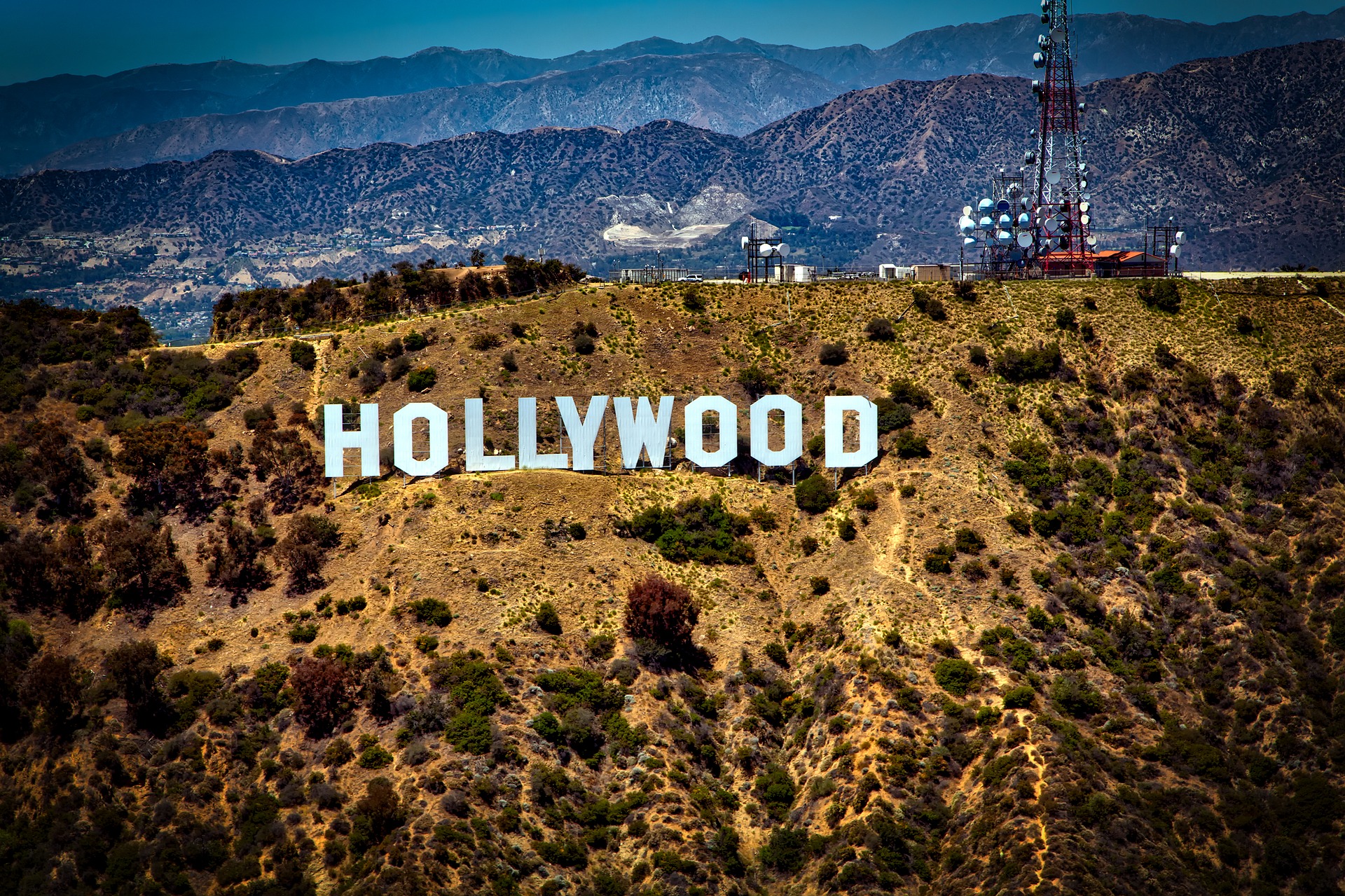The Lure of Celebrity Marketing for Restaurants
4 Min Read By Jennifer Stone
What do Rachel McAdams, Sheryl Crow, Morgan Freeman, and Donald Trump all have in common?
If you answered, “They’ve all done celebrity marketing for McDonald’s,” then congratulations, you’re correct! (Also, you seem to know a lot about McDonald’s history. Is everything okay at home?)
There’s a long list of celebrity spokespeople who have taken on the mantle of being the face of a restaurant, whether individual or a chain. The tactics in this type of marketing run the gamut from high-impact to kind of embarrassing. So how can celebrity restaurant marketing be done well and effectively?
What Is Celebrity Restaurant Marketing?
Restaurants tend to rely heavily on word of mouth, and if no one has tried it out yet, that sort of reputation is hard to come by.A quick fix for this problem is to line up a celebrity as a spokesperson. Famous faces gain attention in the way that unknown restaurant names might not; true, it’s just as important to present what you have to offer to the public, but here’s the thing about humans. They want a face to connect with; they want to feel that they’re not going into this new experience on their own.

A spokesperson, especially a well-publicized celebrity who is already known to the consumer, can make the potential customer feel that he or she has someone on their side.
For a restaurant that has already established itself to some extent but is looking for a fresh way of marketing or a boost to attention, aligning the brand of the restaurant with the brand of the celebrity can open up awareness among new audiences.
Celebrity Marketing In Action
How much a celebrity will be involved with a restaurant depends on the celebrity and on the campaign. For hot dog and burger chain Dog Haus, it was a high level of involvement, even extending to the food they offered.
Their campaign involved award-winning celebrity chefs, eight of whom created dishes specifically for the chain. Each of the chefs endorsed and promoted their dishes, as well as promoting the chain itself, via social media accounts such as Instagram.

The end result? A moveable, intriguing, all-in campaign with multiple celebrity names attached, leading to effectively raising awareness of the restaurant brand.
Continual Campaigning
For other restaurants or chains, celebrity marketing is more about catching attention, even if just temporarily. McDonald’s is a classic example of attaching celebrities simply for name value. From Mary Kate and Ashley Olsen to Britney Spears to Vanna White to the Backstreet Boys, McDonald’s has turned to celebrity advertising again and again.
Why? Because it works.
Rather than establishing a long-running campaign with its big names, the chain has signed the celebrities for shorter campaigns, allowing the opportunity to switch the celebrities up as they fade in and out of the limelight.

Studies show that we recognize celebrity faces in the same way that we recognize the faces of those we actually know, so when we see a “known” face endorsing a product, it’s almost like getting a tip from a friend. Rotating the celebrities out regularly gives the campaign the chance to reach, and affect, more consumers.
Celebrity Marketing Cautions
On the other hand, celebrity marketing can go wrong. This can happen for a few different reasons.
- The celebrity is just the wrong fit for the restaurant.
- The celebrity doesn’t draw attention — or at least not for the right reasons.
- The celebrity has negative publicity elsewhere in the media and it drags the campaign down.
- The celebrity’s values do not match up with the restaurant’s values.
What this all boils down to is that, as with most marketing campaigns, celebrity marketing takes thorough planning. It isn’t something to simply rush into without doing your research.
Why Use Celebrity Restaurant Marketing?
As the above examples show, celebrity marketing can give a significant boost to a restaurant’s appeal.
- A quick breakdown of some of the benefits of pursuing this kind of marketing:
- Capitalize on familiarity. Well-known faces attract attention.
- Spread your marketing out. Celebrities often use their own social media platforms to mention brands.
- Focus your campaign. Whether you’re using an established celebrity or creating one (such as Wendy’s founder Dave Thomas, who became a well-known face because of appearing in the advertisements for his own restaurant), having a “face” makes it more appealing to the viewer.
- Strengthen your brand — and that of the celebrity — by creating a partnership.

Tips For Celebrity Restaurant Marketing
Know your celebrity. Don’t just be drawn in by the allure of a famous name — celebrities, like your restaurant, have a reputation and stand for something in the public eye. If their reputation doesn’t coincide with the reputation you’re trying to build for your restaurant, your marketing efforts will cancel each other out, or, worse, drag your reputation down.
Construct a campaign. Do you want the celebrity to be the face for your brand, or just a spokesperson? The extent of the campaign will depend on how well the celebrity connects with your brand and your audience.
Pay attention to feedback. If the celebrity endorsing your brand isn’t helping you out any, you’ll probably hear about it through social media platforms and comments from customers. If the feedback is overwhelmingly negative — or even more than halfway negative — don’t be afraid to pull the plug on the campaign.
Think local. It’s probably not very likely that a small-town restaurant will be able to land a big name celebrity, but that shouldn’t stop you. Look to local heroes, such as popular politicians or newscasters. Start by inviting the prospective celebrity to enjoy a complimentary meal at your restaurant. Give them the chance to see what you’re offering, and whether they can in good faith endorse it. Authenticity and honesty show through in spokesperson campaigns.
Restaurant marketing is a competitive business. Celebrity marketing can draw in customers that otherwise might not have given your brand a chance. To make or break a restaurant, that slim edge may be in the right direction for success.


